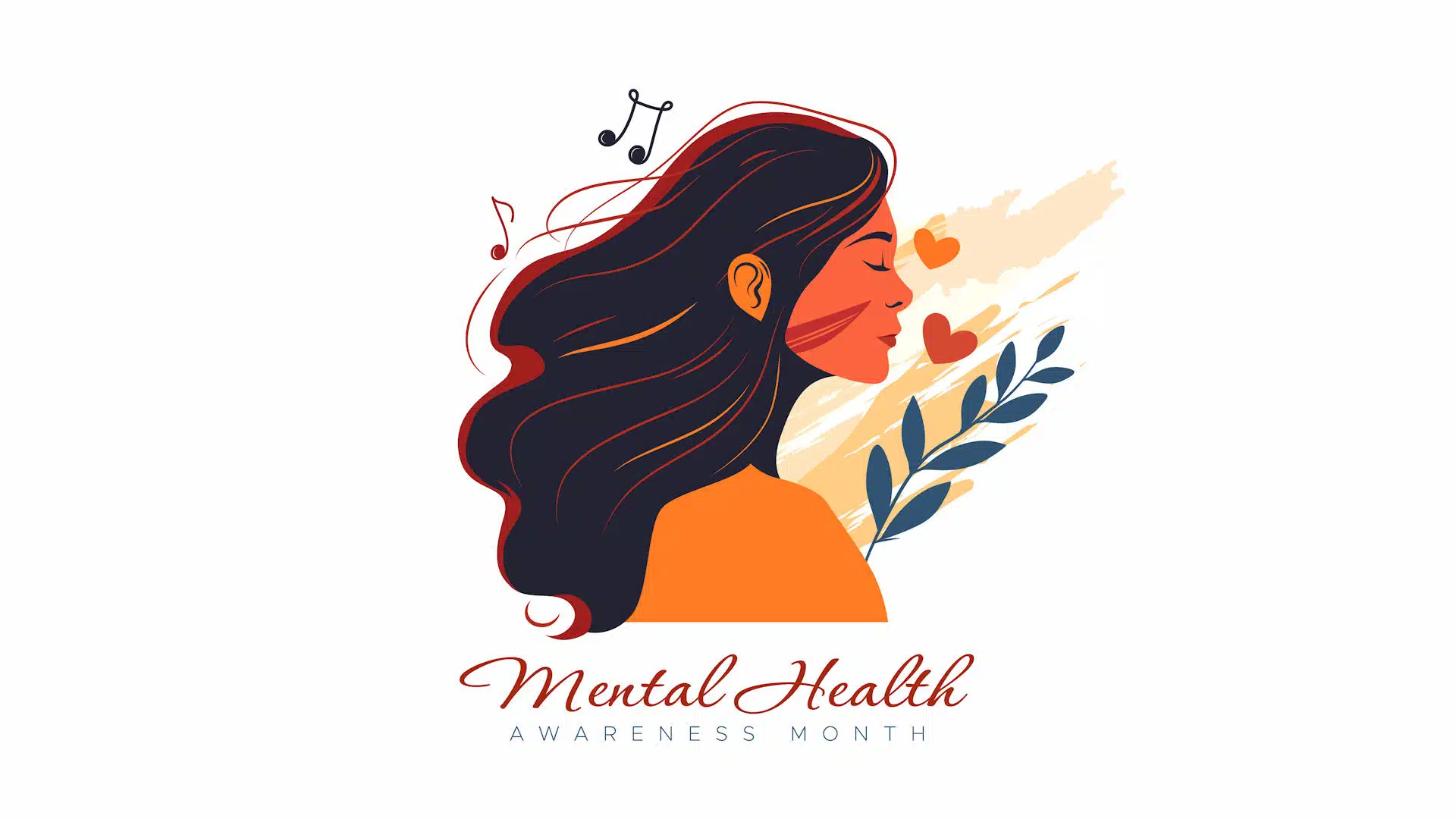
This June, Villa Kali Ma honors PTSD Awareness Month, a topic that’s very dear to our hearts. We invite you to join us in a spirit of gentle understanding, with patience for yourself and all of humanity.

This June, Villa Kali Ma honors PTSD Awareness Month, a topic that’s very dear to our hearts. We invite you to join us in a spirit of gentle understanding, with patience for yourself and all of humanity.

According to the National Association of Anorexia Nervosa and Associated Disorders, ANAD, around 15% percent of women in the United States will develop an eating disorder by the time they reach their 50s. Of those women, less than a third receive treatment for it.

Sexual violation is extremely damaging to the psyche. It shatters the mental, emotional, and physiological lives of its targets. There is a strong correlation between the tragedies of sexual violence and addiction.

Yoga and meditation are related practices, both of which are extremely helpful for women recovering from addiction, trauma, and mental illness.

Alcoholism is a complicated, serious disease affecting the mind, body, and spirit. It is progressive, which means that it worsens over time. Although alcoholism can be stopped in its tracks, it cannot be reversed, which means that once the ravages of alcoholism have taken hold, they cannot be altogether undone.

Is there a link between eating your vegetables and having a resilient, healthy, happy mind? We think so! Here at Villa Kali Ma, we’ve been championing a plant-based diet since our founding days.

Villa Kali Ma offers a Japanese healing practice called reiki in our outpatient and inpatient settings. We integrate reiki as a supplemental holistic modality in recognition of its benefits in promoting energetic balance.

Mental Health Awareness Month is an annual campaign to promote the importance of mental health topics in the public eye. It also raises awareness about mental health needs and trends, and shares resources for addressing mental health challenges.

One way of understanding mental illness which is growing in popularity is to understand mental health symptoms as signs of a deeper issue – trauma.

Addiction has a big impact on relationships. Family, friends, and co-workers are all affected when the woman they once knew becomes consumed with addiction.